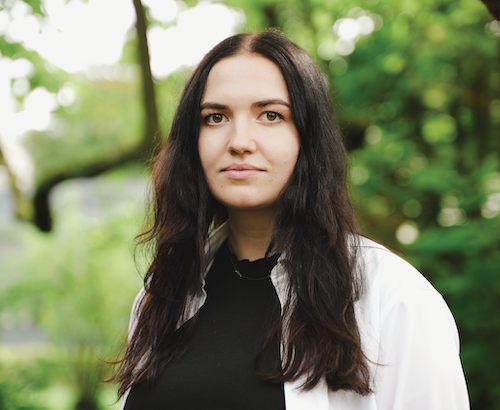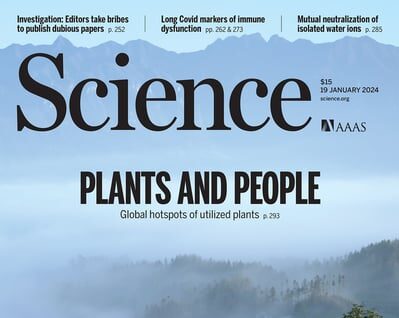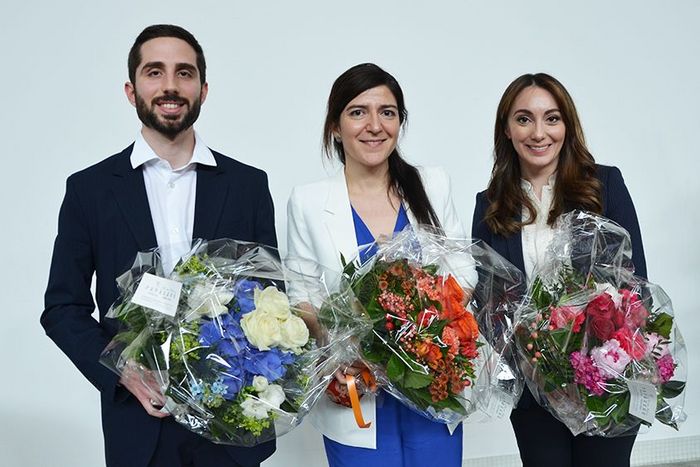
Liliia Horachko successfully completed her Master Thesis!
May 31, 2023
Our research contributes to the understanding of Long Covid
April 22, 2024The Georg Friedrich Götz Prize is awarded annually to two or three researchers who have completed their habilitation at the University of Zurich and can demonstrate outstanding, internationally recognized achievements in the field of basic or clinical research. The prize is endowed with a total of 30,000 Swiss francs.
Carlo received the award for his work on post-acute COVID-19 syndrome (PACS). In his study, Carlo Cervia and colleagues examined a total of 175 COVID-19 patients and 40 healthy volunteers over a period of one year in order to better understand the clinical picture and the immune response to the virus. Several risk factors for the development of Long COVID were identified, including older age, a history of allergic asthma, and the number of symptoms at the onset of COVID-19 disease. Additionally, after detailed examination of immunological markers in the blood, it was found that a low level of two immunoglobulins was associated with an increased risk of developing Long COVID. Using the immunoglobulin signature, the individual long covid risk can be better predicted and preventive measures can be applied at an early stage.
Using these risk factors, a prediction model could be developed, with which physicians, researchers and patients can independently calculate the Long Covid to develop. The clinical prediction model was tested in a second, independent cohort of 395 COVID-19 patients and is freely available online.
More information on the award and the other recipients can be found on the foundation homepage.
Carlo received the award for his work on post-acute COVID-19 syndrome (PACS). In his study, Carlo Cervia and colleagues examined a total of 175 COVID-19 patients and 40 healthy volunteers over a period of one year in order to better understand the clinical picture and the immune response to the virus. Several risk factors for the development of Long COVID were identified, including older age, a history of allergic asthma, and the number of symptoms at the onset of COVID-19 disease. Additionally, after detailed examination of immunological markers in the blood, it was found that a low level of two immunoglobulins was associated with an increased risk of developing Long COVID. Using the immunoglobulin signature, the individual long covid risk can be better predicted and preventive measures can be applied at an early stage.
Using these risk factors, a prediction model could be developed, with which physicians, researchers and patients can independently calculate the Long Covid to develop. The clinical prediction model was tested in a second, independent cohort of 395 COVID-19 patients and is freely available online.
More information on the award and the other recipients can be found on the foundation homepage.


